Consumer vs customer, what are their key differences, and why do so many people mistake these two for each other?
When learning about economic subjects relating to marketing and selling strategy, inexperienced people in business might come across many jargons that mess with their heads. The two words consumer and customer are one typical example.
On a daily basis, people tend to use customer and consumer interchangeably since they basically share the same meaning.
However, when considered from an economic viewpoint, these two deliver distinct messages, and each one is only appropriate in a certain situation.
What do You need To Know About Consumers?
We think it is essential that you have in mind the general idea about the meaning of the words from a marketing perspective.
For that reason, let’s look at the basic definition of the word “consumer” in this section and see its application in the marketing world.
The Definition Of Consumer
A consumer is a person who purchases a product to fulfill their own needs and make complete use of it.
An individual considered a consumer doesn’t have the tendency to resell a product or a service that they purchased through a monetary transaction. Instead, they consume a product for its own purpose.
In simpler terms, an individual who is the end-user of any buying chain provided by a business will be in the “consumer” category.
Let’s take an example. Imagine you are craving a dish, and you plan to make a delicious dinner for yourself. You head to a nearby grocery store to buy all the necessary ingredients, then go home to prepare your dinner meal with what you have purchased.
In this scenario, you are termed as a consumer. You pay a certain amount of money to buy the products from the retailer to serve yourself. There is no involvement in reselling for personal or organizational profit.
The Four Types Of Consumers
Consumer types’ categorization is a useful measure to tailor the products for different consuming targets. There are four typical types of consumers:
The Inferior-Good Consumers
These people have the most meager income status. Most of them do manual labor and have minimum earnings.
For that reason, they have no choice but to opt for the most affordable products on the market. Also, they barely have any impulse to buy things if it is not for mere survival.
The Extroverted Consumers
Any consumer that gravitates toward luxurious items from well-known, reputable brands will fall in this group. They keep constant updates on all the upcoming new items from the popular brands and have the financial ability to purchase them.
They often prove to be loyal and active consumers. When a brand wants to boost its products through marketing strategies, the extroverted type is obviously the most suitable segment for the advocating position (also known as a brand advocate).
The Discretionary Consumers
They are the ones that have a preference for a specific type of product or service and show no interest in any other commercial items.

Therefore, they tend to pour most of their money into a single category and barely have any thoughts about purchasing anything else.
For instance, if they have a thing for jewelry and cosmetics, they will spend time finding and buying only makeup products, earrings, and necklaces.
The Commercial Consumers
As the name implies, they prefer to purchase things in bulk despite their current needs. Buying products in large numbers often offer them a reduced price, which encourages their usual spending behavior even more.

What do You need To Know About Customers?
After going through the basic knowledge of the major word “consumer”, you might be wondering about its differences from the word “customer”. To help you figure it out, we are going to explain the definition of “customer” and some related information.
The Definition Of Customer
An individual, organization, or business falls into the “customer” category when they purchase a product or a service from a provider through some form of monetary exchange.
Simply put, a customer is not the end-user of a product. Instead, they contribute it to the continuous item-exchanging chain until the product finds its final consumer.
According to this definition, it is clear that every consumer is a customer since they all have to purchase a product before making use of it for its purpose.
Be it as it may, it doesn’t work the other way all the time. Sometimes, a customer is not a consumer.
For instance, imagine you head to a grocery store to shop for some fruits. Since you plan to visit your grandparents this evening, you decide to give the fruits to them as a present. So now, are you a consumer or a customer?
In this case, you are a customer since you purchased the items yourself, but you are not titled as a consumer. Your grandparents who end up enjoying the fruits will be the end-users, making them the consumers.
The Two Types Of Customers
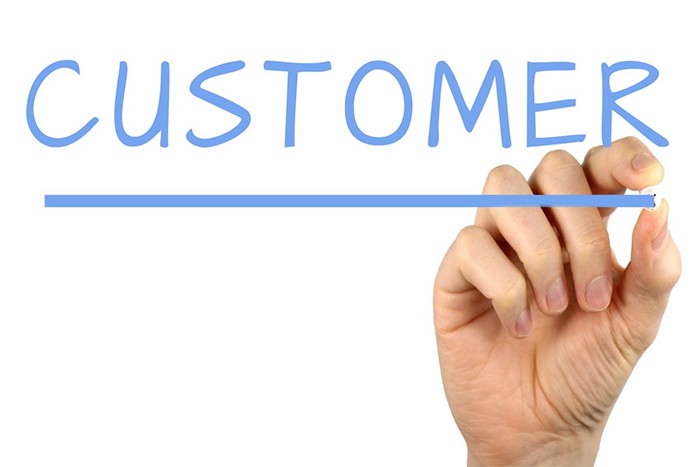
As with consumer types, people also categorize customers into different groups based on their purchasing purpose. They are divided into the two main types below.
The Trading Customers
Trading customers purchase an item or a service with the initial intention of reselling them to draw in extra cash.
Because of the trading nature, they often buy products in bulk from a distributor or manufacturer at a low price and resell them at a higher retail price.
Hence, they only continue the buying chain instead of being the final user of the products.
The End Customers
The made-up scenario we elaborated on to you in the definition part works perfectly as an example for this kind of customer. When buying the fruits from a grocery store for your grandparents, you become the final customer.
Instead of purchasing the fruits for trading purposes, you give them to a consumer, which ends the buying chain of the product.
Also, this customer type includes every consumer who purchases a product for his personal need without any intention of making a profit from reselling.
What Is The Difference Between Customer And Consumer?
After acquiring all the necessary information about customers and consumers, you probably have had a better understanding of their application in the marketing world.
In this part, we’re going to deep dive into their differences. Also, there is an overview chart at the end to give you the gist of things easily.
The Meaning
A customer is anyone who purchases a product or a service. A consumer, on the other hand, is the end-user of a buying chain, which means they are the one who ends up using the products for themselves.
Every consumer is a customer, but not every customer is considered a consumer.
The Ability To Resell
When purchasing something, consumers make complete use of the product for its purpose without any reselling to generate profit. Therefore, they are also known as the end-user of a buying chain since they end up using the purchased item for themselves.
On the other hand, customers can choose whether to trade the products they purchased or not.
When buying things, a business customer resells a product for profit, while an individual consumer doesn’t.
The Motive For Purchasing
A consumer is a person whose purpose is to purchase a product in order to use it.
The urge of consumers when they go to a retailer or a store to get something comes merely from the need to consume.
However, besides consumption, customers might want to buy the goods or services for resale purposes.
The payment
A consumer may or may not be the person who pays for the goods via monetary exchange. As long as you consume the products for your own needs, you are a consumer.
A customer, however, has to be the one who undergoes a monetary transaction for the products.
The Target Group
Everyone in this world is a consumer since we all have to feed ourselves both physically and mentally for survival. However, not every person has the ability to purchase goods via monetary exchange.
Therefore, consumers can be individuals of all ages, families, or companies, while customers are mainly individuals who have financial abilities and trading companies.
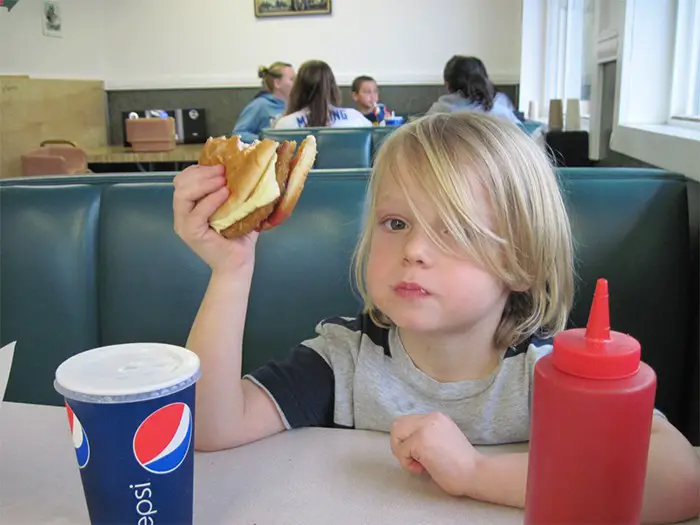
The Overview Chart Of Consumers Vs Customers
| Consumer | Customer | |
|---|---|---|
| The Meaning | A consumer is the end-user of a product. They may or may not be the purchaser. | A customer is a person who purchases a product. |
| The Resellability | A consumer uses the goods for themselves and doesn’t resell a product for profits. | A customer can use the goods themselves or resell it to make profits. |
| The Motive | The motive of buying is merely for consumption. | The motive of buying is either for consumption or resale. |
| The Payment | They may or may not be the ones who pay for the goods. | Monetary exchanges are the requirements. |
| The Target | Consumers are people of all ages, families, and companies. | Customers are people with financial abilities and companies. |
The Bottom Line
This is eventually the end of our post comparing consumer vs customer. We hope this post has shed some light on the topic of the confusion and provided you with some useful pieces of new information.
A consumer is someone who ends up using the goods for their own needs, while a customer can choose to use or resell them for profit. Also, a consumer may or may not pay for the goods they consume, but a customer must pay for what they purchase.
All in all, take care, and we hope to see you in our next post.
Reference source:
- What is Consumer – Wikipedia
- What is Customer – Investopedia





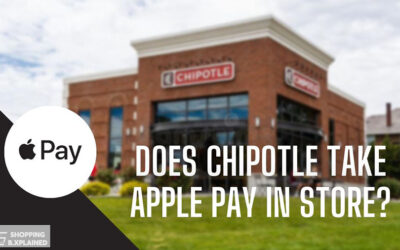

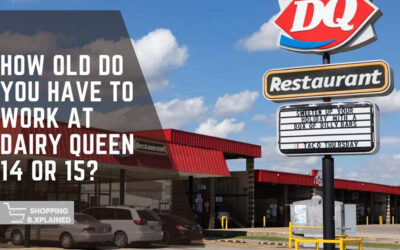
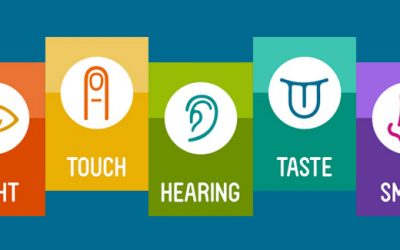
0 Comments